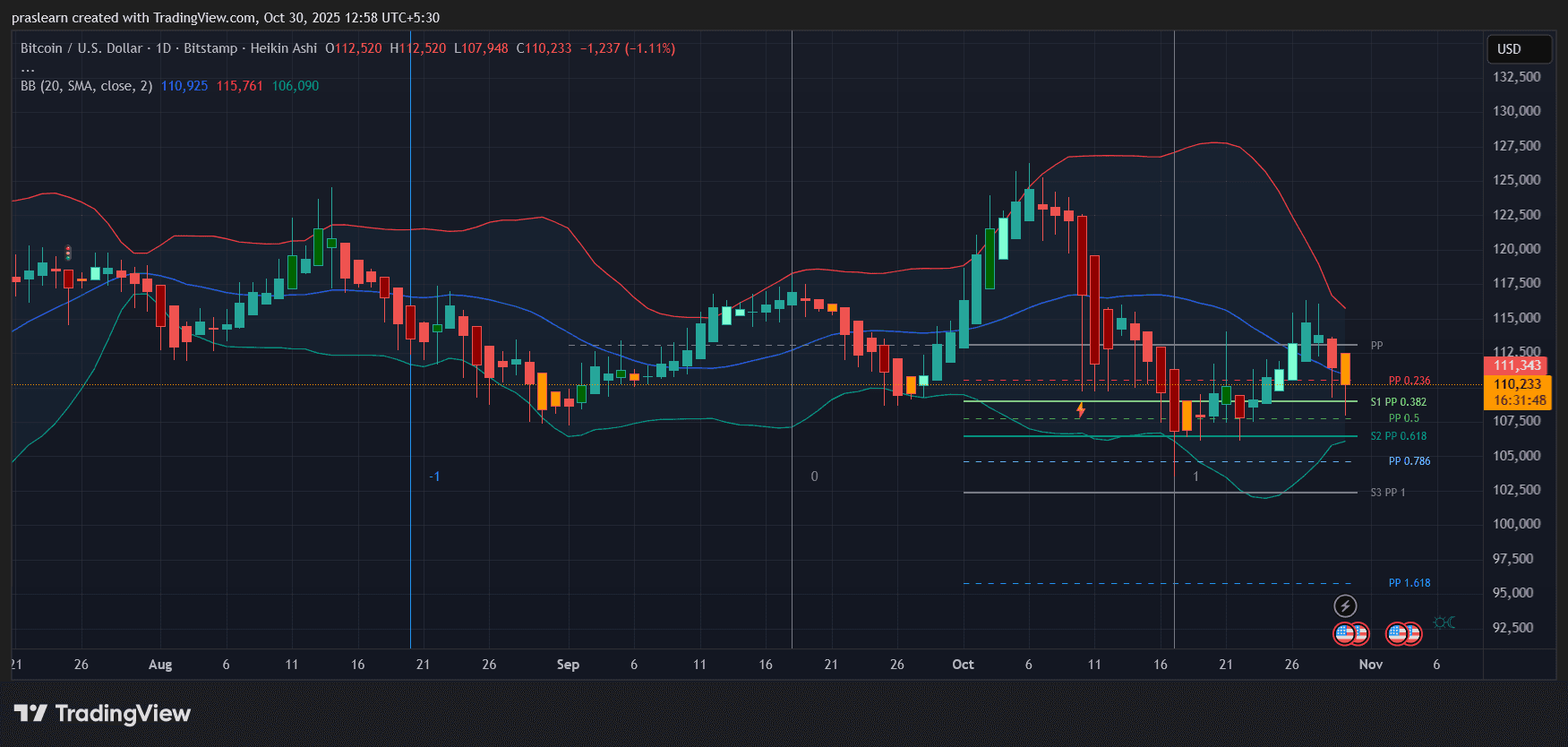- Panama’s new draft law establishes a comprehensive regulatory framework for virtual assets ahead of FATF’s 2027 evaluation.
- Regulation aims to protect users through transparency rules and a public registry of authorized service providers.
A group of Panamanian lawyers has presented a draft bill proposal aimed at establishing a comprehensive regulatory framework for virtual assets. The initiative seeks to align national legislation with the recommendations of the Financial Action Task Force ahead of its scheduled evaluation in 2027.
Lawyers Belisario Castillo and Oliver Muñoz developed the document with support from the Panamanian Capital Market Association . This effort aims to generate broad discussion among the financial sector, regulators, and the Executive Branch. Muñoz explained that the proposal represents a private initiative with sectoral support, conceived as a technical contribution to build consensus and elevate the discussion level.
Continuing with reports on Panama on CNF, The document was presented on October 28th to representatives from the financial sector, regulatory authorities, and leaders from the digital and legal ecosystem.
Patricia Boyd, president of Apamec, stated that the organization will actively promote this draft bill before the competent authorities. The strategic objective involves positioning Panama as one of the leading jurisdictions for financial innovation in the region.
A Regulatory Framework for Financial Sustainability
The proposal presents the adoption of a regulatory framework characterized by its inclusive and sustainable approach. This framework aligns with advanced international standards and uses as reference the regulatory advances implemented by the European Union, Brazil , and Argentina .
According to Muñoz, the document provides precise definitions for the classification of virtual assets. It also establishes in detail which institutions will act as competent regulators and how the risk-based approach recommended by international organizations will be applied.
Muñoz stated that not all virtual assets are the same, making precise categorization necessary to avoid legal gaps. This precision guarantees that traditional financial sector companies can participate under effective and understandable regulation.
Among the main components of the proposal are the creation of a regulatory sandbox for the supervised experimentation of technological projects. Additionally, it incorporates measures to promote financial inclusion, attract digital talent, and implement specific reforms to the current regulatory framework.
Compliance with International Recommendations as a Priority
Lawyer Oliver Muñoz emphasized that the initiative specifically seeks Panama’s compliance with FATF Recommendations 15 and 16. These provisions relate to the regulation of Virtual Asset Service Providers and the prevention of money laundering and terrorist financing in this emerging market.
Muñoz warned about the concrete risk Panama faces if it fails to comply with these recommendations before the FATF visit in 2027. The potential consequence would be the country’s return to the organization’s grey list.
Argentina’s experience serves as an important reference in this process. Muñoz mentioned that Argentina adopted accelerated regulation to exit international observation, demonstrating the importance of acting with time and consensus. The lawyer emphasized that Panama should not wait until 2027 to improvise a regulation.
In his opinion, the country has sufficient time to develop regulation tailored to its needs, well-planned and functional. Panama managed to leave the FATF grey list in 2023, and in July 2025 achieved a historic milestone by officially exiting the European Commission’s list of high-risk countries in money laundering.
Impact on the Local Virtual Assets Ecosystem
The current situation presents concrete challenges for companies operating with cryptocurrencies in Panama. Various companies have provided services with cryptocurrencies without clear official regulation for years.
Between 2021 and 2024, an estimated over 4 billion dollars in transaction volume occurred in Panama just on the 10 most well-known global exchange platforms. These figures confirm the real penetration of virtual assets in the Panamanian economy and highlight the urgency of addressing both the opportunities and challenges they represent.
Proposed Structure for Provider Regulation
The initiative establishes a specific licensing and registration system for companies offering cryptocurrency services. These companies, called Virtual Asset Service Providers, must obtain a special license and pay one thousand five hundred balboas for the initial license. Compliance with anti-money laundering and counter-terrorist financing standards constitutes a fundamental requirement, aligned with FATF standards .
The proposal designates the General Directorate of Financial Enterprises of the Ministry of Commerce and Industries as the competent authority to regulate these companies. Licensed providers will be subject to regular inspections and must demonstrate adaptation capacity to technological changes. The scope of application covers essential activities like exchanging cryptocurrencies for other cryptocurrencies or traditional money, secure custody of cryptocurrencies for third parties, and public offerings of new crypto projects.
Direct Benefits for Ecosystem Users
Users of cryptocurrencies and exchange platforms will experience concrete improvements in their protection. They will have access to a public registry of companies legally established in Panama, facilitating the identification of authorized operators. Regulated companies must provide clear and complete information about commissions and risks associated with their services.
Users will have mechanisms to request compensation for damages suffered as a consequence of fraud, gross negligence, or security failures attributable to the provider.
The draft bill also aims to attract serious crypto companies and generate specialized employment in this rapidly growing sector. The proponents have shared the initiative with the Ministry of Economy and Finance and the Superintendencies of Banks and the Securities Market.
Muñoz emphasized that the fundamental intention involves strengthening existing projects in the National Assembly, some of which present technical and legal deficiencies.


